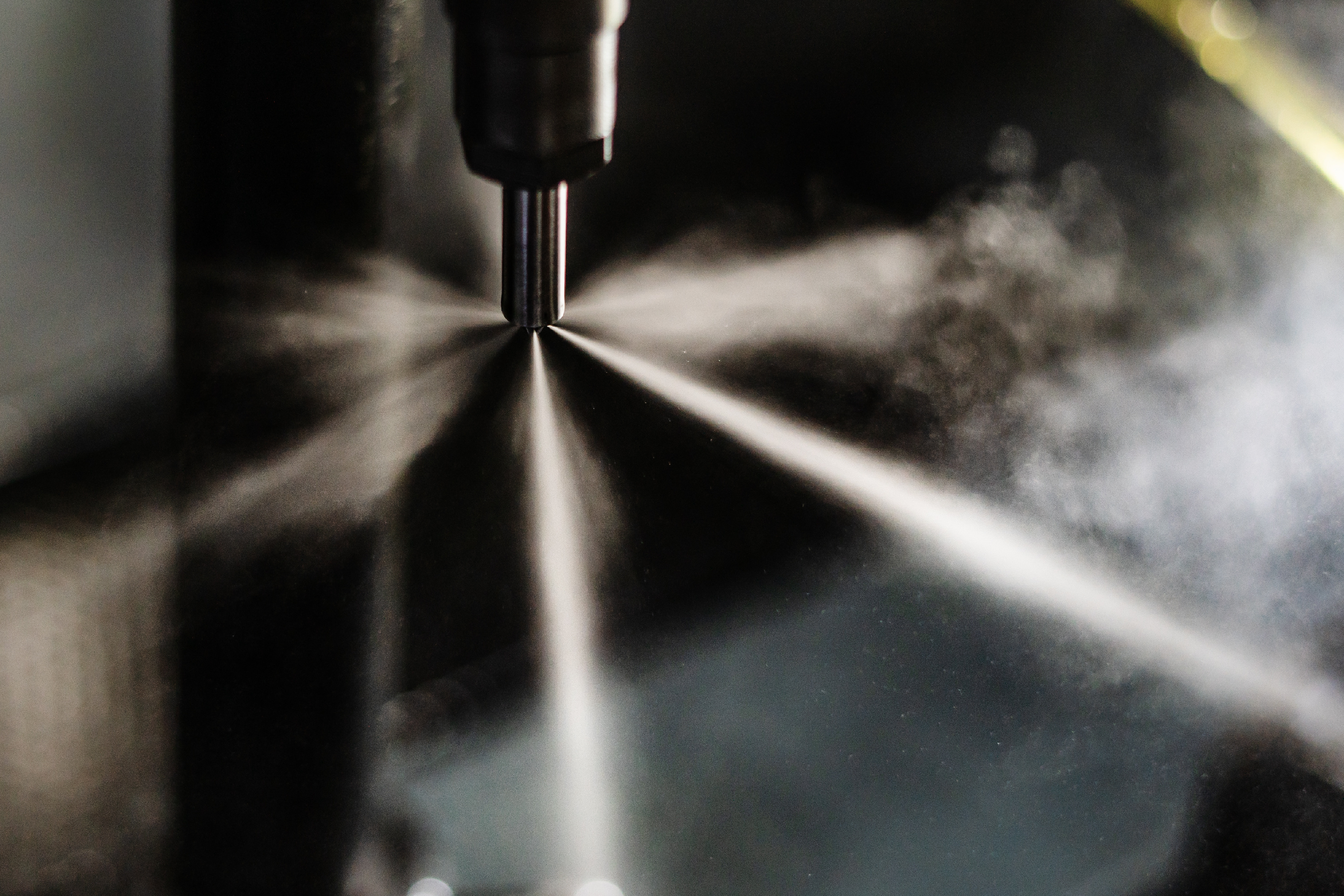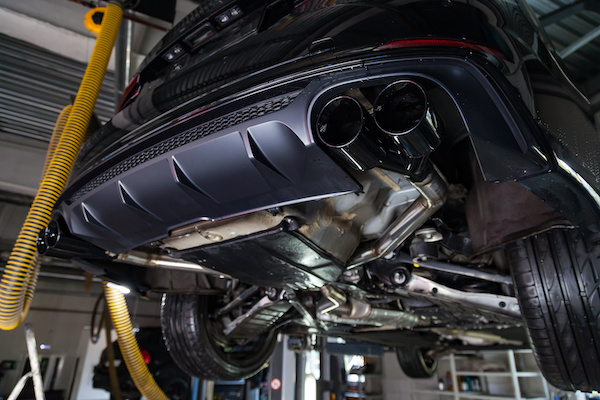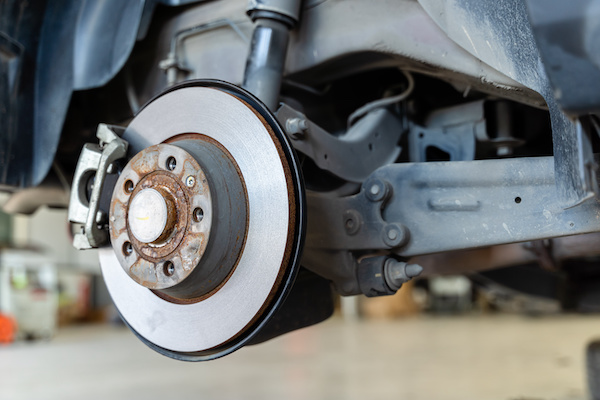Posted on 9/29/2022

With over a thousand parts, how is a vehicle affected by a component as mall as a fuel injector? The fuel injectors are one of the most important elements in your car. Without them, or when they malfunction, it affects the most important role of a vehicle, locomotion. But what exactly do fuel injectors do? The function of fuel injectors Before each combustion stroke, fuel injectors basically give the right quantity of gasoline to the engine. The gasoline is evenly distributed as a spray to each cylinder, ensuring an ideal combustion in the combustor. Any imperfection in the fuel flow to the cylinder might cause severe engine issues or even a failure. Based on the driver's demands in the moment, an electronic unit determines and regulates the electrochemical stimulation for releasing and closing the injectors. In order to inject the proper quantity of gas, the control module unlocks the injector for the necessary period of time. If you want to know whether you have dirty fuel inje ... read more
Posted on 8/30/2022
.jpeg)
There are many sounds that can come from your car, and they can be very helpful in diagnosing problems. Some sounds are normal, while others indicate that there is a problem that needs to be fixed. Squealing noise when you reverse may fall into either category, depending on the cause. If you notice a squealing noise when you put your car in reverse, it could be caused by any of the following: 1. Worn-out brakes: If your car's brake pads are worn out, they may squeal when you apply pressure to the brakes. This is typically a sign that it's time to replace the brake pads. 2. Loose brake caliper: A loose brake caliper can also cause squealing noises. If the caliper is not properly secured, it can move around and cause the brakes to squeal. 3. Dirty brake pads: If your brake pads are dirty, they may not be able to grip the rotors properly, which can cause squealing. Be sure to clean your brake pads on a regular basis to prevent this problem. 4. Worn-out rotors: If your car ... read more
Posted on 7/27/2022
.jpeg)
Picture a hot summer day with no AC in sight. That is how your car begins to feel when your coolant is depleted or intoxicated. It basically becomes your vehicle's way of telling you it needs a coolant flush. Coolant flush: what is it? It is critical to keep your coolant system in excellent working order by flushing it on a regular basis. A coolant flush removes all of the old coolant and subsequent chemical residues from your engine. The whole system is then refilled with new coolant, allowing the engine to function smoothly once more. Conditioners may be added in some cases to extend the life of your coolant. These conditioners keep rust and corrosion at bay. Is a Coolant Flush Required? Your car service professionals will frequently recommend whether or not you need a coolant cleanse. Aside from expert advice, your vehicle's operation, condition, and performance are frequently strong indicators of why a coolant flush is necessary. You are the most familiar with your car ... read more
Posted on 6/28/2022

Wondering what are common signs of exhaust system problems for your vehicle are and how to prevent them from causing long-term engine damage? Having your vehicle serviced at regular intervals is the best way to prevent costly automotive repairs from cropping up. Following are a few examples of common issues that can lead to long-term damage with your vehicle's exhaust system. Common Signs of Exhaust System Problems Faulty Gaskets and Seals - broken gaskets and seals can prevent toxic or harmful gassing from seeping into your vehicle's exhaust system. In most cases, a malfunctioning manifold gasket or seal will cause unusual noises coming from the engine. If you notice hissing, knocking, or tapping sounds coming from your car engine, take your vehicle in for service with a certified auto mechanic as soon as possible. Malfunctioning Oxygen Sensor - faulty oxygen sensors are another cause of engine and exhaust system problems. If the oxygen se ... read more
Posted on 5/31/2022

Your car is a major investment, and it stands to get you from place to place safely. You rely on them to get you where you need to be in a safer manner. And there's no way to do that without a reliable braking system. The braking system comprises many parts, which work together to slow and stop your automobile. Over time, these parts become less effective and must be replaced. Below are some of the signs that indicate your car is due for brake service: Vibrations One of the first signs of bad brakes is car vibrations. Problems like warped rotors can cause your brakes, including the pedal, or the entire car to shake. If you notice a shakiness in your vehicle's brake pedal, it's vital that you have your brakes inspected soon. Slow Brake Response Another symptom that your brakes require service or repairs is simply the fact that it takes longer for your car to stop. If you find that it takes a longer amount of time to slow or stop your car than it used to, it would be wise ... read more